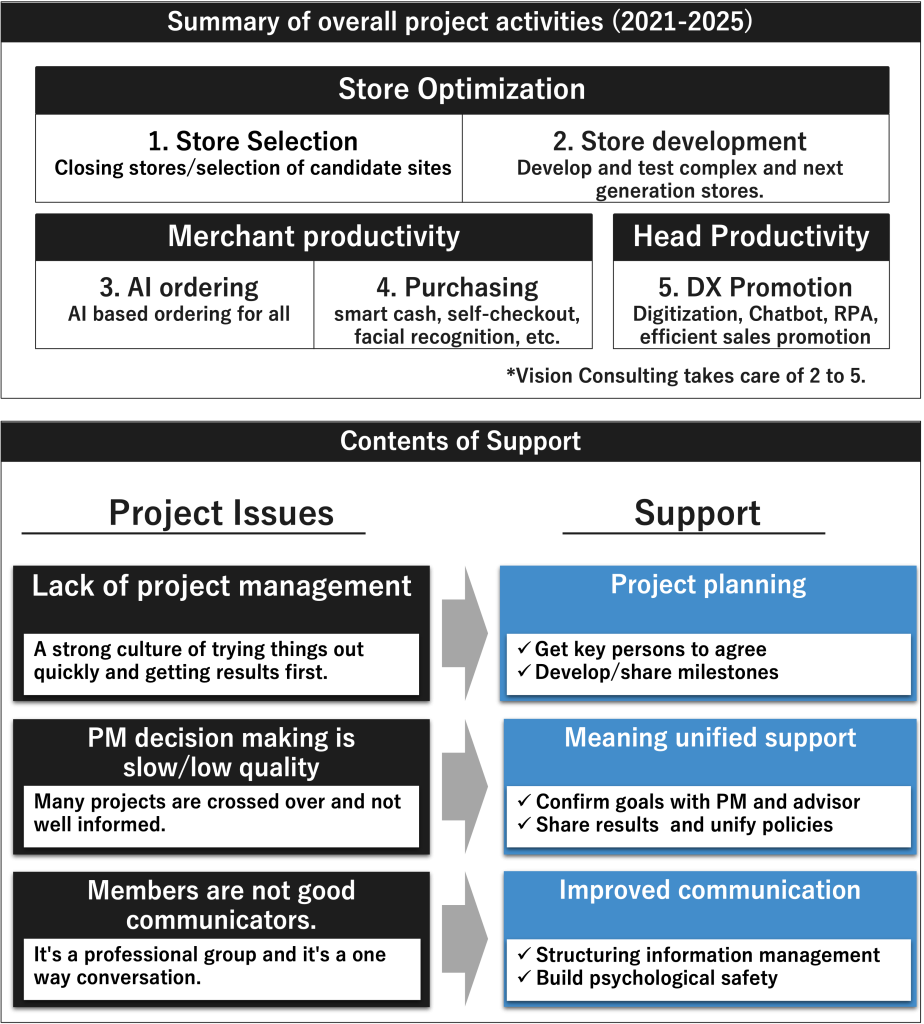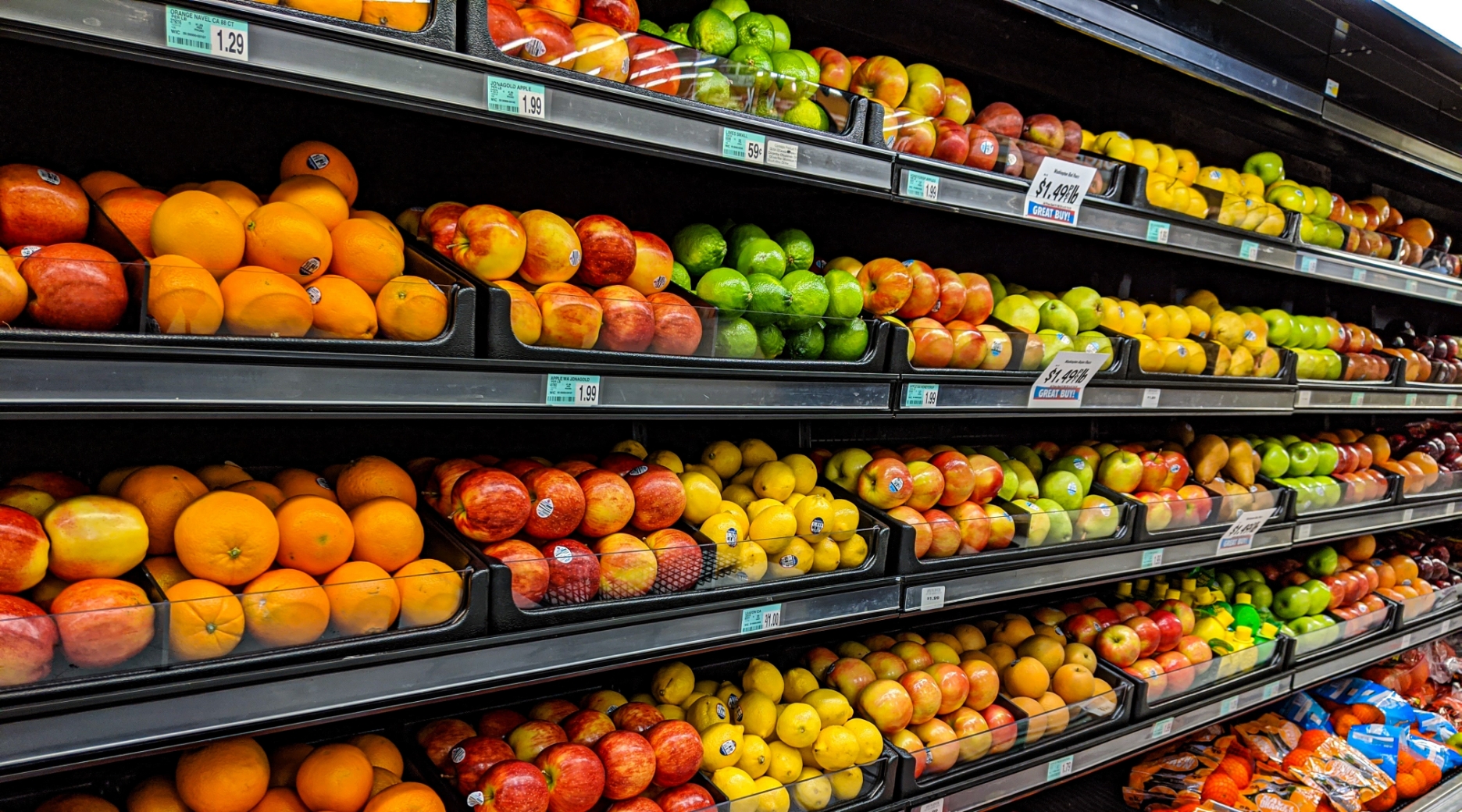background
While the problem of discarding eatable food is being discussed, even the largest retail companies are seriously discarding food due to human error.
Approximately one in nine people in the world suffers starvation and this situation is getting worse every year. On the other hand, food loss has become a major problem in developed countries and the 2030 Agenda for Sustainable Development, adopted at the UN Summit in 2015, sets a goal to reduce food loss and waste. (*1)
The same measures are also required in Japan. The main cause of food loss is unsold food and 21% of the total business food loss is due to the disposal of food in the retail industry. Even in the largest companies in the retail industry, food loss due to human error was a serious problem. In addition, the huge cost of more than 20 billion yen which includes the labor costs involved in preventing errors, made it urgent to resolve these problems.
issue
To prevent human error, there is a need for DX using AI to improve personalized store operations.
One of the reasons for the large number of human errors occurring in this company is that decisions regarding store operations are made based on intuition and experience. Another cause is that measures are taken at each store and are not efficient.
Therefore, the company considered the goal of promoting DX by 2030 for the entire group. They decided to optimize store operations and improve business productivity through DX using AI technology in order to build an environment that allows store operations to be conducted without intuition and experience and to take effective action against human error.
activity
To support smooth project execution by raising and resolving project issues for the implementation of AI technology.
To ensure smooth implementation of AI technology, following efforts were made to raise and resolve issues.
- 1.Support for project planning, such as consensus making with key personnel and milestone setting.
- 2.Support for unification of intention, including confirmation of all task goals and sharing of results.
- 3.Improvement of communication, such as information management.

consequence
The whole group contributes to improving the food loss problem by reducing excessive ordering and missing products through DX using AI technology.
By DX with AI technology, store operations can be improved by using evidence-based data. As a result, the reduction of ordering surpluses and shortages will be progress and significant steps will be made toward eliminating the food loss problem. It is expected that similar initiatives will spread throughout the industry. Since retailers make a large share of food loss, this initiative has the potential to make a significant contribution to improving the food loss problem in Japan. And as the food loss problem improves, it is hoped that the number of people suffering starvation will decrease as much as possible.


